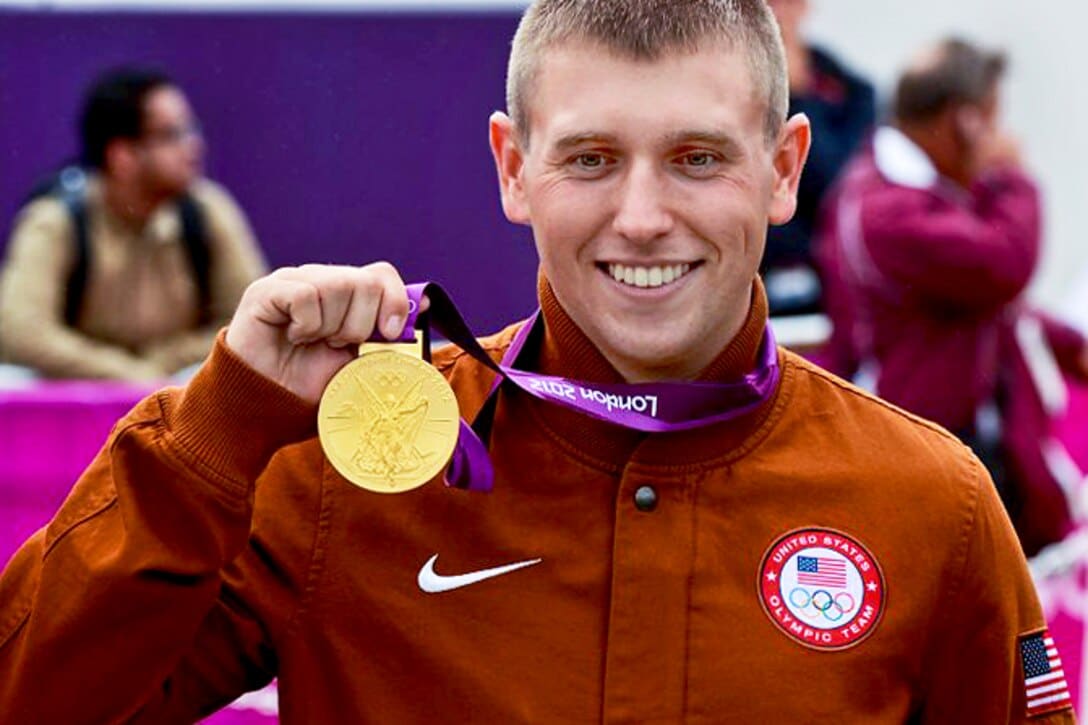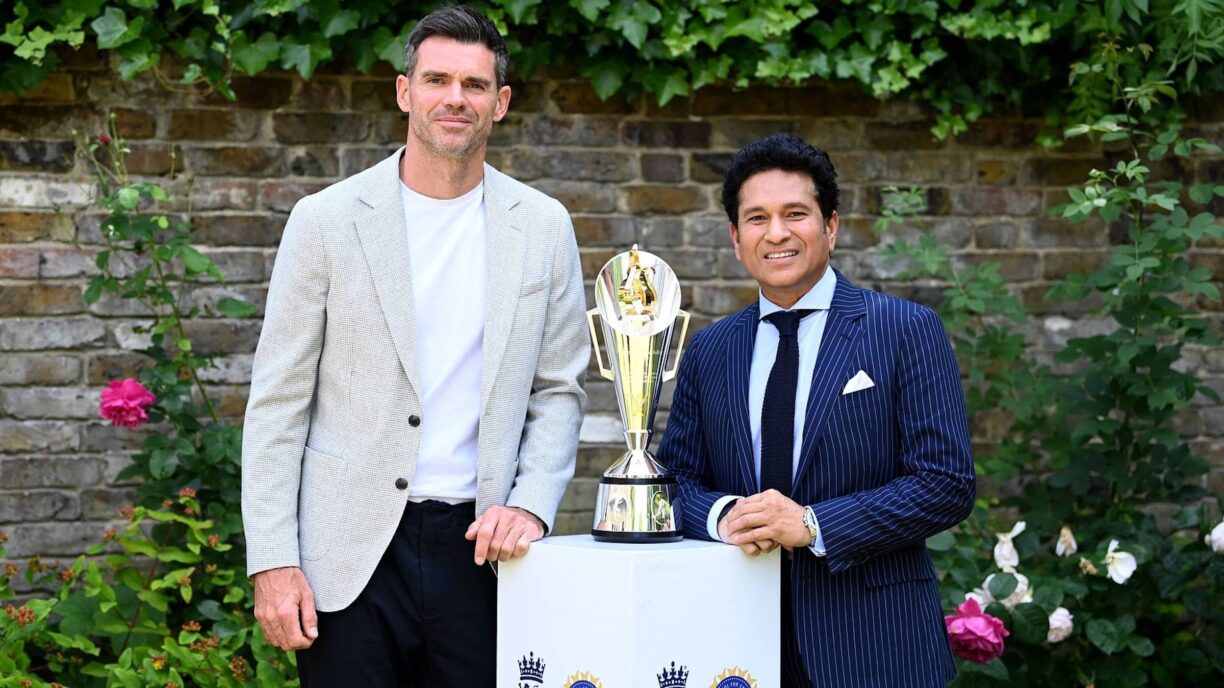With the Tokyo games just around the corner, athletes from across the world will be in their final stages of preparation for a competition that should have been hosted last year if not for the pandemic.
Each and every athlete at the games has one overriding dream, one dominant goal, one vision that motivates them to keep pushing and keep working every day: winning a gold medal for their country.
The Olympic gold medal is the ultimate sign of dedication and commitment. Roughly 10,000 athletes will partake in the Tokyo Games, all competing for one of roughly 300 gold medals up for grabs.
But what is a gold medal actually worth to the winning athletes? Priceless in terms of sentimental value but what about financially?
Research from Ezra, the leading provider of digital coaching, has revealed how much money an Olympic athlete can expect to receive in reward for winning a gold medal.
The answer varies from one Olympic nation to another, with the money usually being paid by the individual Olympic committees.
Of the ten nations that won the most gold medals at the 2016 games in Rio, Italy awards their gold-winning athletes the most generous prize: $185,000.
At the Rio games, Italy won eight gold medals, bringing the athletes’ total gold medal money haul to just under $1.5 million.
The second-highest gold medal prize money is awarded by Russia who pay $62,600 per medal. In Rio 2016, Russia won 19 gold medals, bringing the cash prize total to just under $1.2 million.
The USA pays its athletes $25,000 for a gold medal. In Rio, they won an impressive total of 46, more than any other nation, creating a cash prize total of over $1.1 million.
China’s Olympic committee pays its athletes $30,000 for a gold medal. In Rio, they won 26, creating a prize total of $780,000.
Among the top ten most successful gold medal-winning nations at Rio 2016, there is just one that doesn’t give a single penny of victory money to its athletes: Great Britain.
Great Britain does not pay a gold medal bonus, but during Rio 2016, the country’s athletes won 27 gold medals, ranking second only to the USA after pushing China into third.
It’s important to note that the gold medal prize money will only be a portion of an athlete’s income. British gold medallists, for example, may not receive direct prize money from their Olympic committee, but the sponsorship deals and endorsements that will come as a result of a gold medal performance will provide a very handsome income for the individual athletes.
| Rio de Janeiro – 2016 Summer Olympic Games (top 10 ranking by gold medals) | ||||
| Rank | Nation | Gold | Gold bonus | Gold medal bonus payout |
| 9 | Italy (ITA) | 8 | $185,000 | $1,480,000 |
| 4 | Russia (RUS) | 19 | $62,600 | $1,189,400 |
| 1 | United States (USA) | 46 | $25,000 | $1,150,000 |
| 3 | China (CHN) | 26 | $30,000 | $780,000 |
| 7 | France (FRA) | 10 | $66,000 | $660,000 |
| 6 | Japan (JPN) | 12 | $49,900 | $598,800 |
| 8 | South Korea (KOR) | 9 | $53,800 | $484,200 |
| 5 | Germany (GER) | 17 | $22,600 | $384,200 |
| 10 | Australia (AUS) | 8 | $15,000 | $120,000 |
| 2 | Great Britain (GBR) | 27 | $0 | $0 |
Founder of Ezra, Nick Goldberg, commented:
“Olympic athletes have an unbelievable amount of dedication, resilience, and courage, not to mention skill and technical ability. They need to, as winning gold requires an unimaginable amount of work.
Money is often used to motivate hard work. Sometimes, it works very effectively, but there are limitations that we can see reflected in this data.
If money was the best motivator, the best way of creating individual and collective success, we would expect the top of the medals table to be populated by those nations that award their athletes the most prize money.
But that’s not what we see at all. Instead, the most generous prize money is provided by Italy and yet they finish only ninth in the table with a total of eight gold medals.
Proof that cash incentives aren’t the most effective way of motivating success.
This should be an important consideration in today’s society, and more specifically within the workplace.
Motivation to perform can be influenced via a number of channels including infrastructure, preparation, support, and leadership.”





